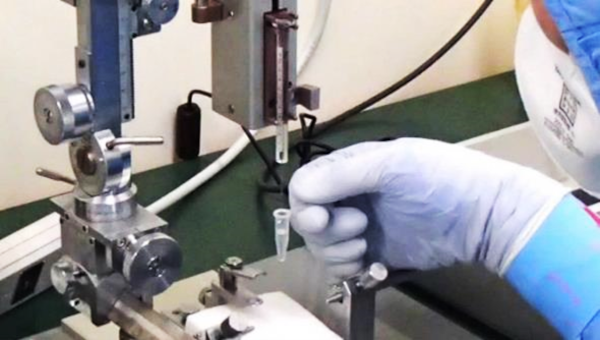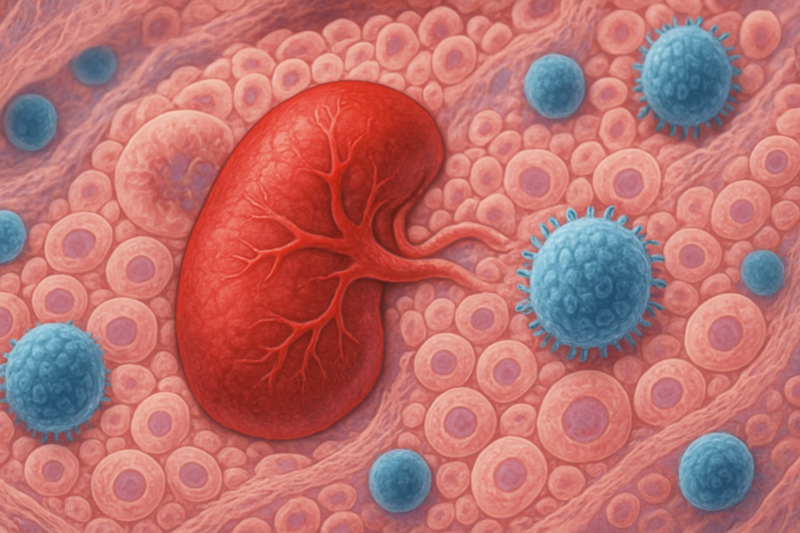
Service Overview
CLEA Japan, Inc. offers a contract service where we rapidly and meticulously collect organs from our in-house produced laboratory animals under isoflurane inhalation anesthesia. The collected organs are then either immersed in a specified preservation solution or cryopreserved and delivered to the client. We provide high-quality samples based on global animal welfare standards.
Contract Procedure Flow
①Hearing and meeting regarding the request details
②Presentation of quotation → Official order
③Organ collecting from mice/rats (blood, heart, abdominal aorta, etc.)
④Processing and preservation by a specified method (10% buffered formalin, 4% PFA, cryopreservation, perfusion fixation, etc.)
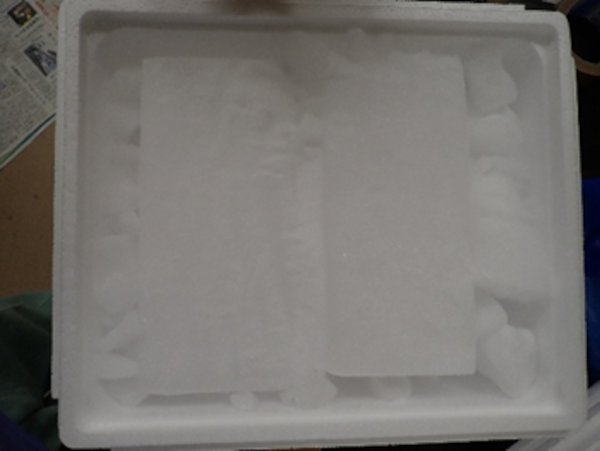
⑤Packaging → Shipping → Delivery
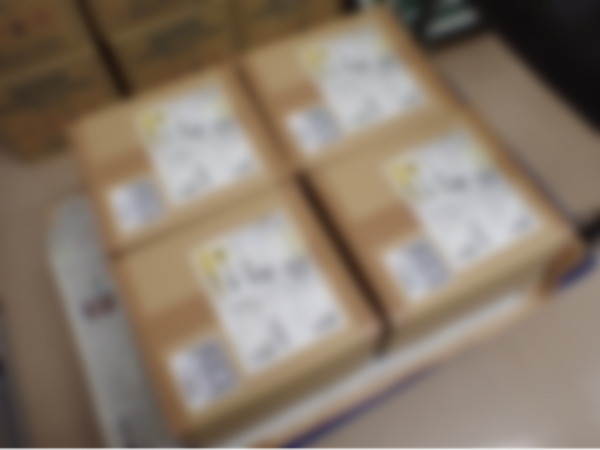
Our Strengths:
・Staff with Advanced Skills and Extensive Experience
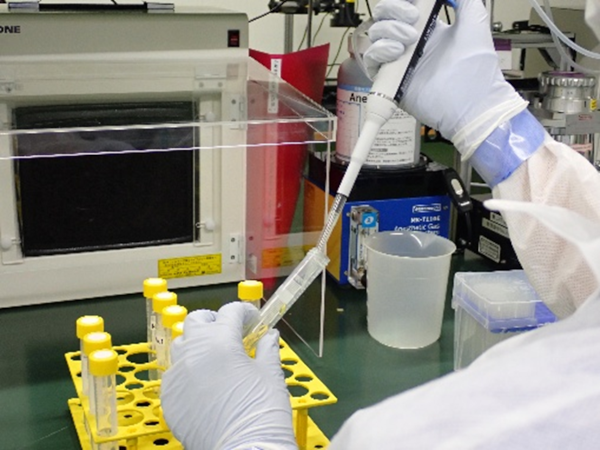
・Thorough Compliance with Animal Welfare and Ethics
Anesthesia and euthanasia procedures strictly follow the latest guidelines to minimize animal suffering. This is part of our service provision, mindful of the internationally required 3Rs principles (Replacement, Reduction, Refinement).
・High-Quality and Stable Sample Supply System
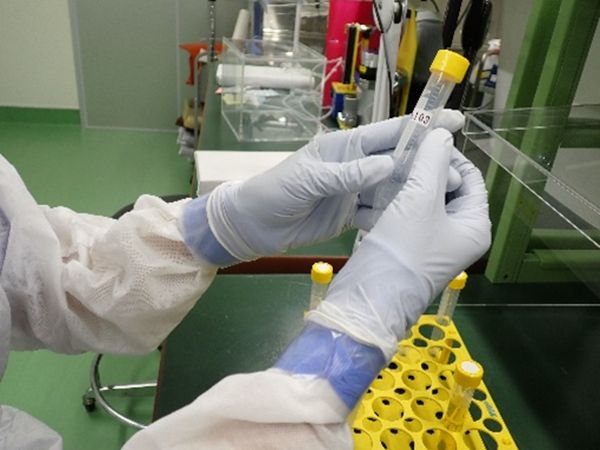
・Flexibility and Service Expansion
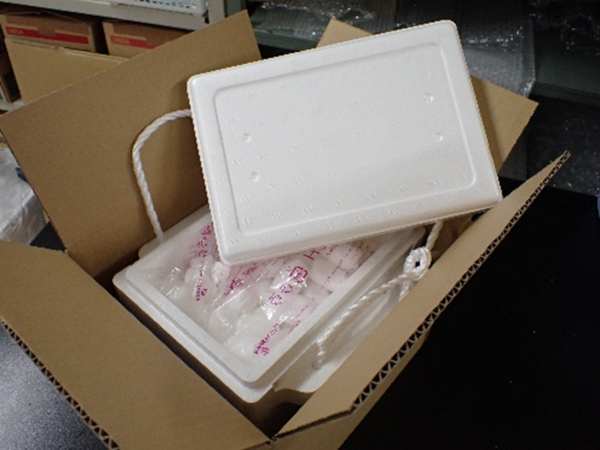
FAQ
Q: What kind of animal organs can CLEA Japan collect ?
A: We can handle all animal species we produce. Please check our web page for the strains of mice and rats we produce.
Q: How are anesthesia and euthanasia performed?
A: We mainly use an isoflurane inhalation anesthetic machine. Collection is performed after the animals undergo euthanasia by exsanguination.
Q: Can I choose the preservation method for the collected organs?
A: Yes. We can accommodate your specifications, such as immersion preservation in 10% buffered formalin or 4% PFA (for pathology, immunohistochemistry, etc.), snap-freezing with liquid nitrogen, or using RNA later (for RNA extraction).
Recommended for the Following Needs:
- You want to rapidly obtain high-quality organ samples for pharmacodynamics studies in drug discovery research.
- You want to improve research efficiency by outsourcing processes from animal management to organ collection.
- You want to pursue experimental reproducibility and sample quality while considering the 3Rs and animal welfare.
- We reduce the compliance burden on research institutions through CLEA's review and committee operations.
Performer Interview
Q1. What types of researchers most frequently contact you?
While we grasp basic information like affiliation and name, we sometimes don't know the detailed overall picture of the research content. The tendency is that we receive more requests from university professors than from companies.
University professors sometimes visit our company directly for meetings, and we often naturally become close with those we have had long-term relationships with. In turn, we feel that we can understand detailed requests more smoothly compared to others. (Some professors are so close that we even greet them when we meet at academic conferences.)
The most common request is for "blood" collection, which is relatively quick, but we, of course, also handle time-consuming requests, such as collecting organs from the entire body. Requests from companies, on the other hand, tend to involve more detailed specifications and requirements.
Q2. How many similar inquiries do you receive annually?
In terms of number, requests solely for animal "blood collection" are the most frequent, and we accept about 60 such requests annually. The frequency of organ collection varies depending on the scale. For regular "small-scale" requests, it's about twice a month. "Medium-scale" requests, which are part of a contract study including organs other than standard ones, occur about three times a month. We also have about two "large-scale" requests per year that require a very large number of organs or animals.
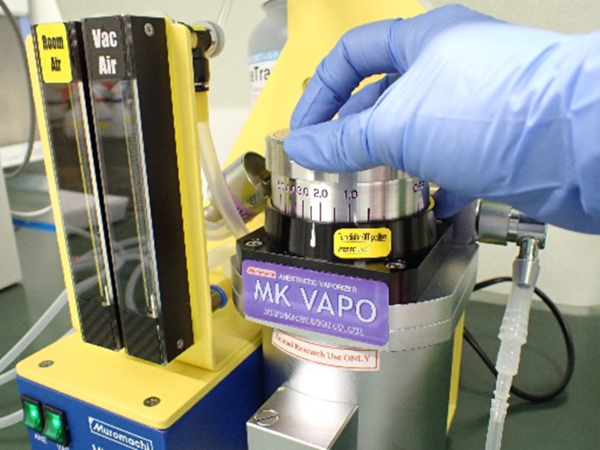
Since the required type and quantity of samples greatly vary depending on the research content, we prioritize being flexible regardless of the scale. Please feel free to consult us first with a question like, "Is this possible?" and we will propose the optimal plan according to your needs!
Q3. What do you pay particular attention to in your work?
What requires particular care is "blood collection," which affects the sample quality. If the technique is poor, red blood cells can be destroyed, causing "hemolysis," where the plasma or serum turns red, so we perform it carefully. We are mindful of the direction of the needle to avoid exposing the blood too much to the air, and we quickly collect the whole blood at a steady pace. We also take care to prevent the blood from touching anything other than the collection equipment, such as disinfectant ethanol.
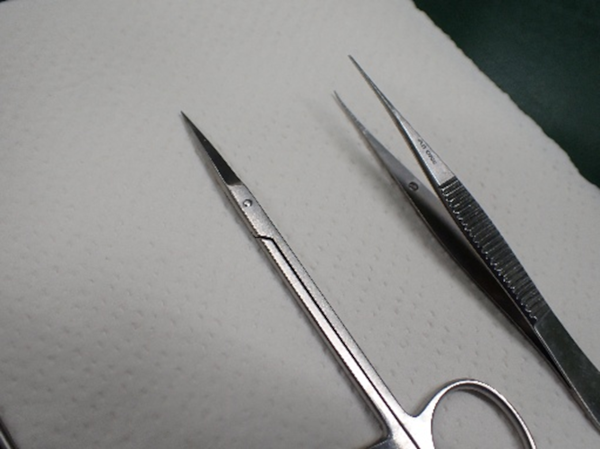
We consider such techniques to be so delicate that they require about one year of training at our company. In organ collection, we are careful not to damage large organs like the "liver," by avoiding direct contact with scissors or forceps. For all organs, moisture is lost over time, so we believe that "rapidly" collecting the specimen and proceeding to the next treatment is the key to delivering high-quality samples.
Q4. What is the advantage of entrusting your work to CLEA Japan's contract service?
The biggest advantage is, after all, that we are the breeder. The animals used for the contract service undergo rigorous monthly microbiological inspections at our company, so the "certainty of the animals" and the "high quality" are the most significant benefits for maintaining research reproducibility.
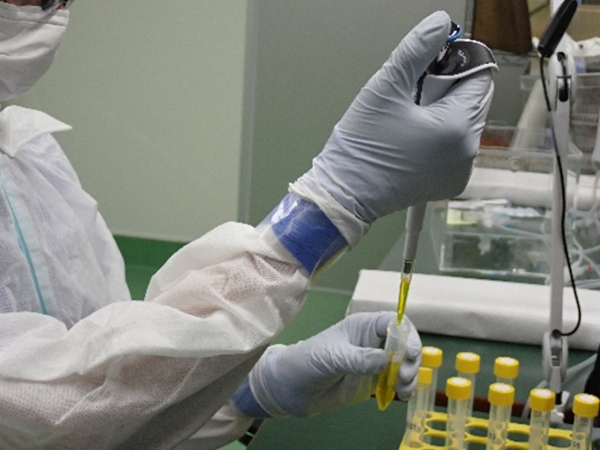
Furthermore, our skilled technicians perform collecting with high certainty based on their experience.
Due to the large number of inquiries we receive, it may sometimes be difficult to respond immediately, but we secure technicians and maintain solid schedule management, so we will propose a plan that follows your schedule as closely as possible.
We believe that our greatest strength is our ability to firmly support the client's research with reliable technology and high-quality animals.
Q5. What options can you accommodate?
One of the major advantages of using our contract service is that we have "background data" on the animals used. We believe this data is very useful information for the research of the requesting professors.
Collecting from model animals is, of course, also possible. In particular, we flexibly accommodate collection to confirm the results of administration tests performed by the client, offering the optimal method. We strive to meet a wide range of research needs.
Additionally, after collecting, it is possible to back up the data using the measuring equipment available at our company. If the measurement you require cannot be handled by us, we will support you as much as possible, such as introducing a reliable partner, so please feel free to consult us.

